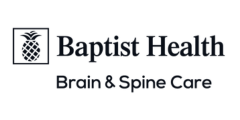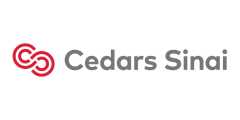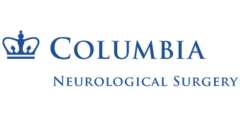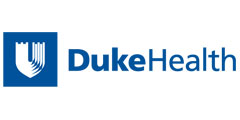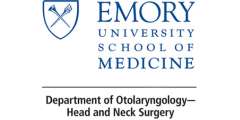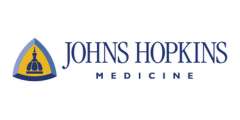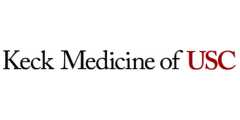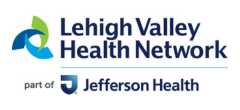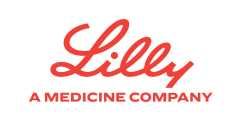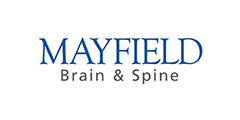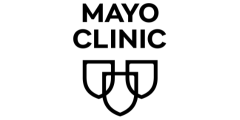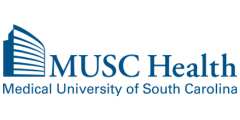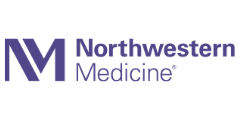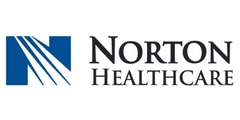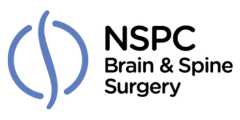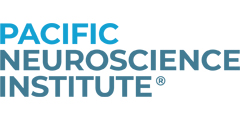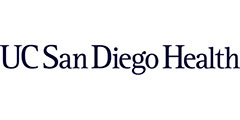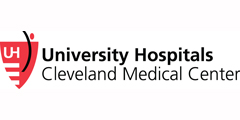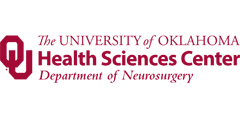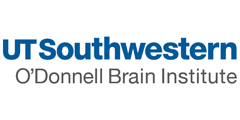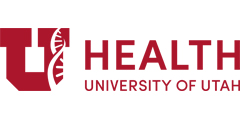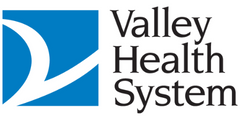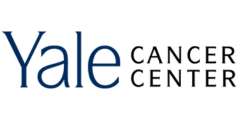Event Calendar
San Francisco/Oakland, CA - ANA Support Group Meeting
Tuesday, March 15, 2016, 05:30pm - 07:30pm
Please plan to join us at the next meeting of your local Acoustic Neuroma Support
Group. We welcome you to learn about the latest treatment options, to network with other
acoustic neuroma patients and find encouragement and support.
DATE/TIME:
Tuesday, March 15, 2016
5:30 – 7:30 p.m.
MEETING LOCATION:
UCSF – Mt. Zion Campus - Cancer Research Building
Lurie Conference Room – Room S173
2340 Sutter Street
San Francisco, CA 94115
CAMPUS MAP AND DIRECTIONS:
UCSF Mt Zion Campus Map
or visit https://www.ucsfhealth.org/maps_and_directions/mount_zion/
PARKING:
1635 Divisadero Street garage.
Call 415-444-5408 or visit http://www.1635divisaderogarage.com/dailyrate.html
TOPICS:
Informal Caring and Sharing
Meet, Greet and Networking Time
We invite you to participate as we discuss the following topics of interest
How you were diagnosedChoice of treatment option and whyIssues and tips for copingCaregiver DiscussionThe single best piece of advice you can offer to othersHearing Aids/DevicesHelpful MedicationPhysical/Vestibular TherapyFOR ADDITIONAL INFORMATION OR TO RSVP,
PLEASE CONTACT YOUR LOCAL SUPPORT GROUP LEADERS/FACILITATORS:
Carol Most Walker, Local Support Group Leader/Facilitator
Phone 415-889-3547 Cell or Email: carol@wedrinktea.com
Tom Sattler, Local Support Group Co-Leader/Co-Facilitator
Phone 415-864-0764 or Email: tsattler@pacbell.net
The meeting will be facilitated by Carol Most Walker, a watch and wait acoustic neuroma patient and Tom Sattler, a post-treatment acoustic neuroma patient. Refreshments will be provided.
Who should attend? Family members, caregivers, friends and interested persons are encouraged to attend.
Benefits of attending a local support group include communicating in a nurturing, non-judgmental environment with others who have shared a common acoustic neuroma experience; sharing information on dealing with specific problems, overcoming handicaps and reassuring others that better times lie ahead; educating and informing each other about the latest acoustic neuroma topics of interest; and providing emotional support to all patients, both pre- and post-treatment. This helps in reducing the isolation and loneliness that many acoustic neuroma patients feel.


